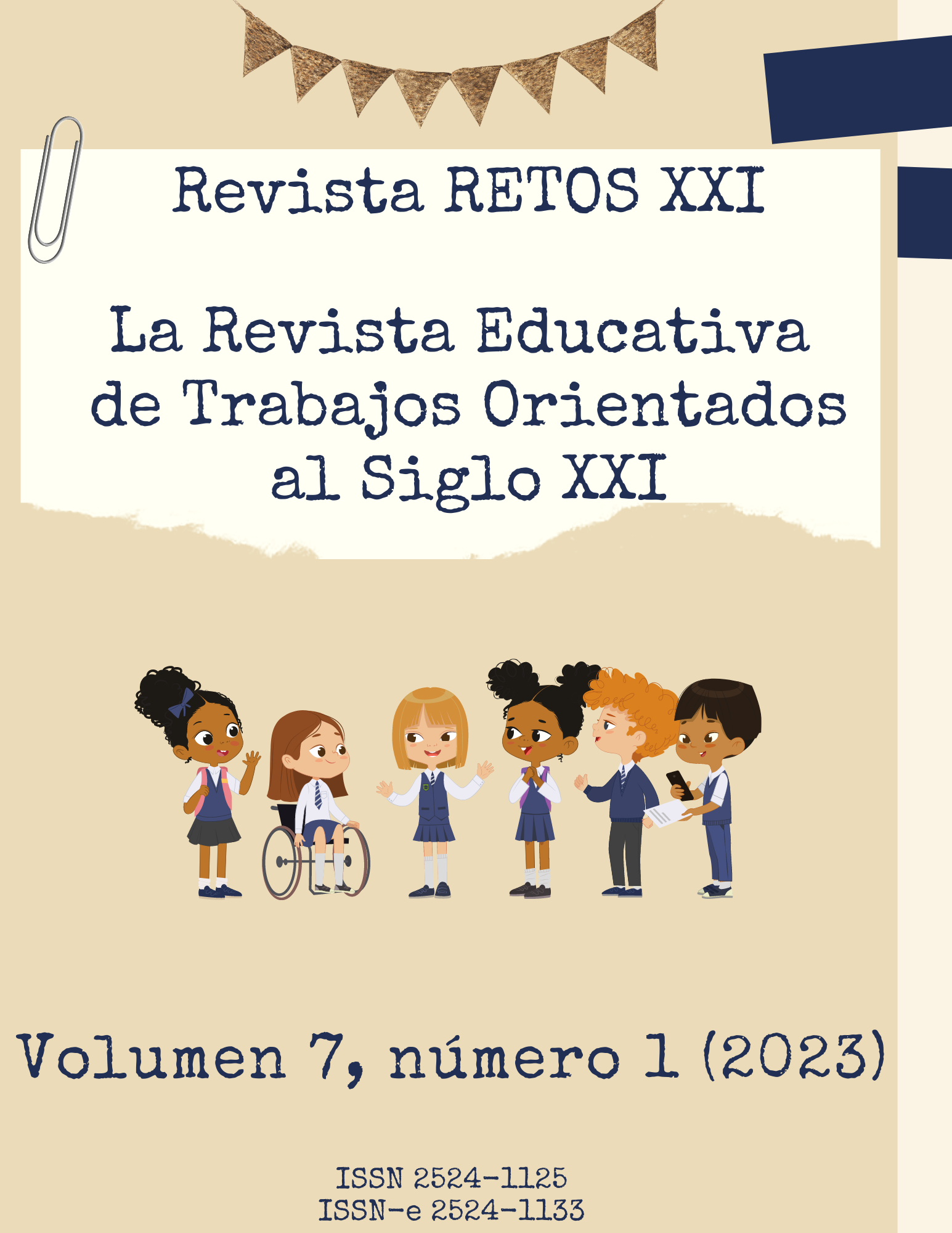Exploratory Factorial Model of Knowledge in at a university in central Mexico
DOI:
https://doi.org/10.30827/retosxxi.7.2023.26963Palabras clave:
Culture, institutionality, leadership, network, layerResumen
Organizational development and knowledge management have been appreciated from the relationships between their factors. In this sense, knowledge networks explain learning from a factorial structure, considering the differences between the parties involved. A non-experimental, cross- sectional and exploratory study was carried out with a non-probabilistic selection of 300 students, managers and teachers from a public university in central Mexico. The participation of the sample in the system of professional practices and social service was the inclusion criterion. The results show a factorial asymmetry of one input layer unit for three output layer units, suggesting that there is a significant degree of learning around the knowledge network. However, there are areas of opportunity around the hidden layer, since its units reveal information processing that reduces the uncertainty of the input layer and amplifies the knowledge of the output layer. The implications of the study results for educational policies suggest academic, professional, and labor training oriented by collaborative management.
Descargas
Publicado
Versiones
- 2023-05-03 (2)
- 2023-04-28 (1)












